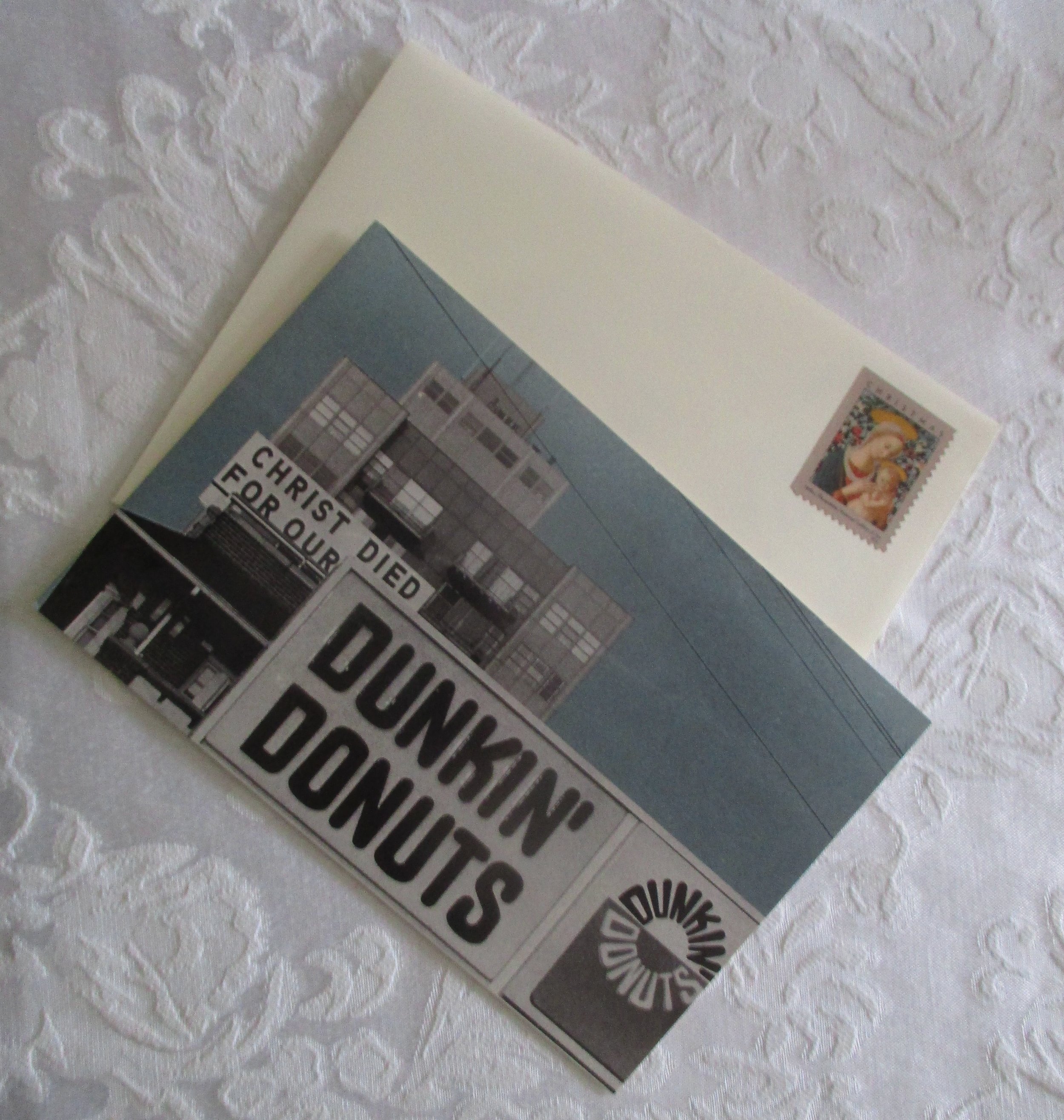Some years ago Etiquetteer read a very interesting piece in The Economist about how the American greeting card industry is responding to customer need for greater candor in sympathy cards for terminal illness. From the article: "Greeting cards must cater to ageing baby boomers, who never accepted others' conventions and are not about to start now." And it made Etiquetteer pause and harrumph "In the old days, people would have just picked up their pens and used their own stationery to write it in their own words!" Somewhere along the line, two things happened: people became less sure of their ability to express themselves, and pre-printed sentiments became perceived as more special than a plain, personal sharing of sympathy through one's own words and experience. Etiquetteer deplores this, but here we are, and something must be done.
But first, a digression. Now it's naive to assume that Perfect Propriety and High Technology can't coexist. Throughout civilization people have always used new technologies to improve communications. Even Benjamin Franklin led the way, using a printing press to create invitations for a 1779 dinner to celebrate the anniversary of American independence.* What's made the revolution in personal communications of the last 25 years so bruising for Perfect Propriety is the long interval since the last revolution. That took place with the telephone (the first one, that is, not the one with emojis) and that was well over a century ago. So much of what went with Perfectly Proper Personal Correspondence, such as clear penmanship, quality writing paper, clarity of thought, the salutation "Dear," and above all good spelling - became synonymous with the qualities of being a Lady or a Gentleman. Unfortunately none of these qualities have survived in the transfer to digital communication, even clarity of thought. (One has only to look at the comment boards on any news organization's website to confirm that. Also, texting.) And in many schools cursive writing is no longer being taught, as being considered useless for the workplace of the future!
Now, back to the matter at hand. During these 25 years, continued experimentation has led people to find more-or-less Perfectly Proper ways to extend invitations, greet friends, interview prospective employers/employees, etc. - in short, to do everything we'd been doing beforehand with pen and ink. Well, bully for that. But what role has this left for handwritten communications? They've become special occasion communications, almost. One writes by hand to emphasize the sincerity of one's emotions - usually love, gratitude, or condolence - or the significance of an Life Event, such a birthday, marriage, death, graduation, or new job.
Handwritten correspondence needn't be limited to these special occasions. This month is National Letter Writing Month (or National Card and Letter Writing Month, depending on where you look). Etiquetteer has committed to sending one handwritten letter or card throughout the month, and perhaps that habit will take and continue through the year. (Would you like a handwritten communication from Etiquetteer? Please provide your name and address on Etiquetteer's contact page.) Etiquetteer wants to encourage you to do the same, whether it's to send thanks, condolences, milestone greetings, or even Something You Might Ordinarily Text. Aside from the surprise and delight your correspondents will get seeing your mail in their mailboxes, it's a low-key exercise to work on your penmanship and your posture.
*A Great Improvisation, by Stacy Schiff, illustration opposite page 300. Etiquetteer notes with interest the use of "An Answer if you please" instead of "R.s.v.p."


